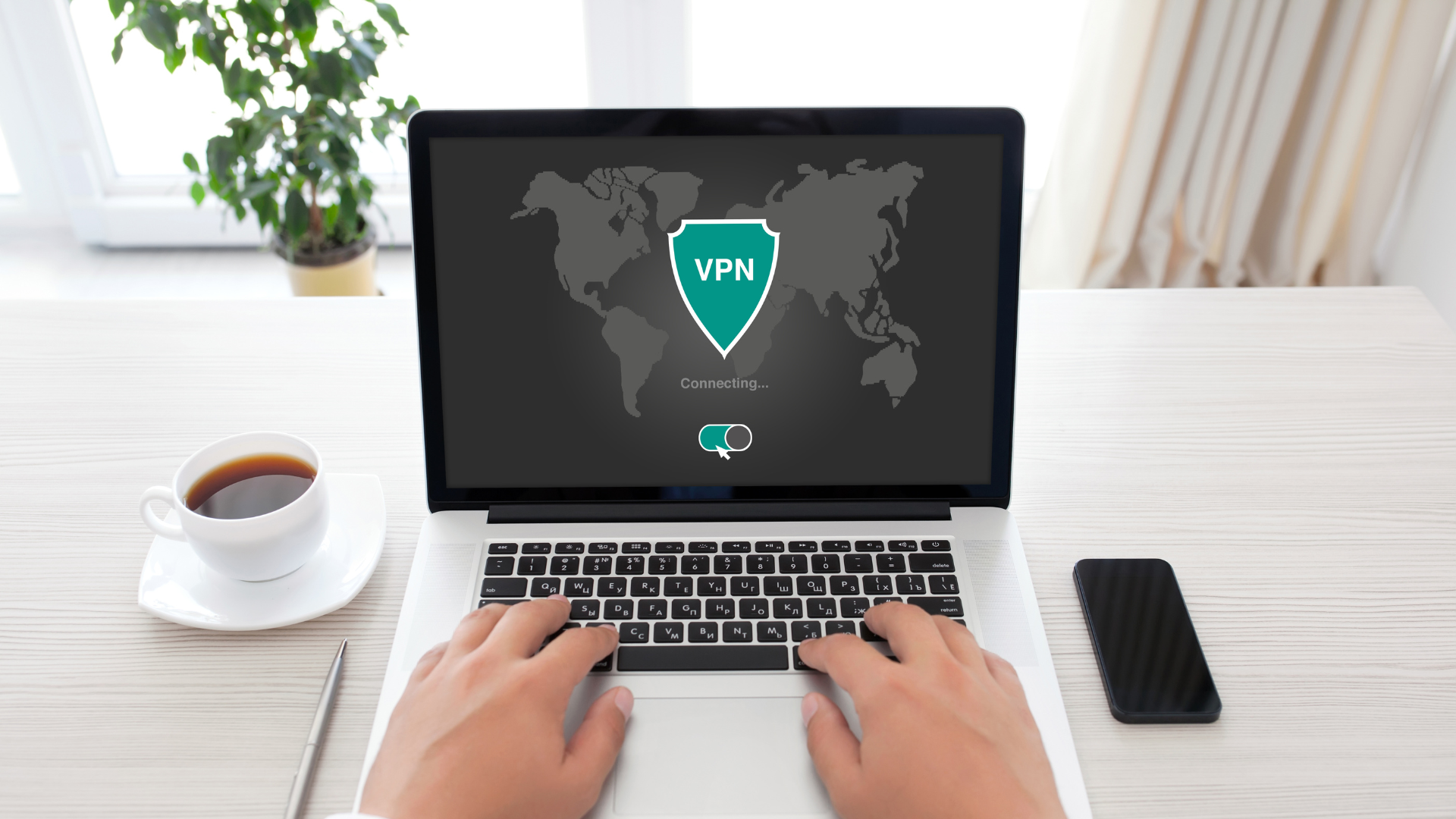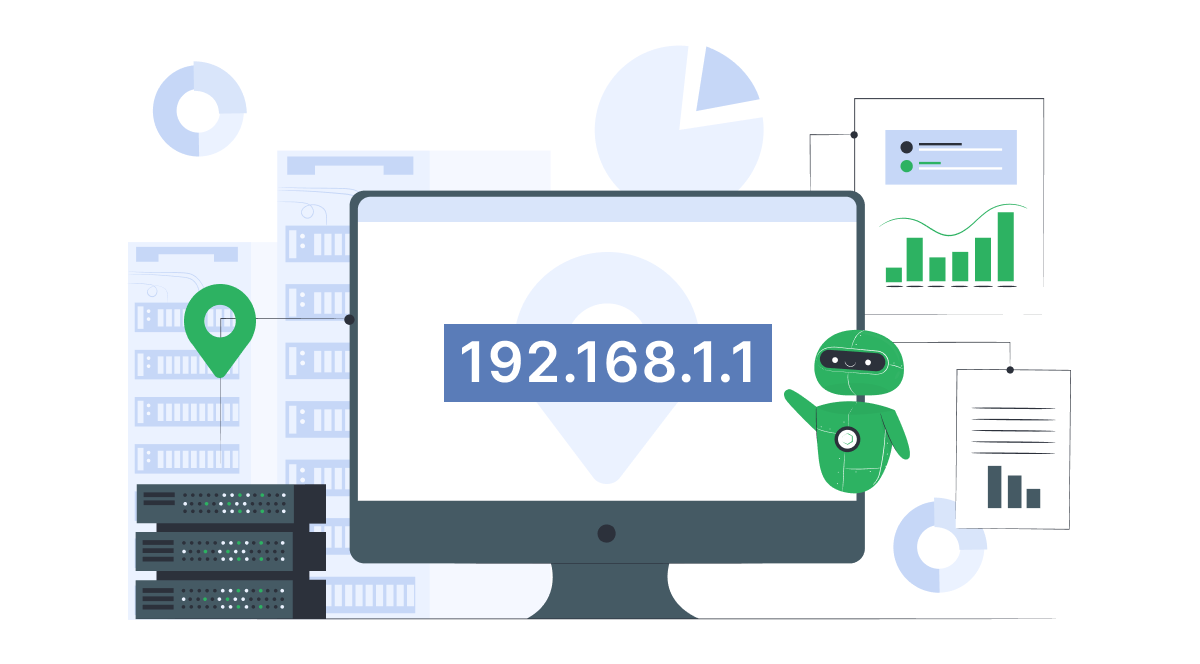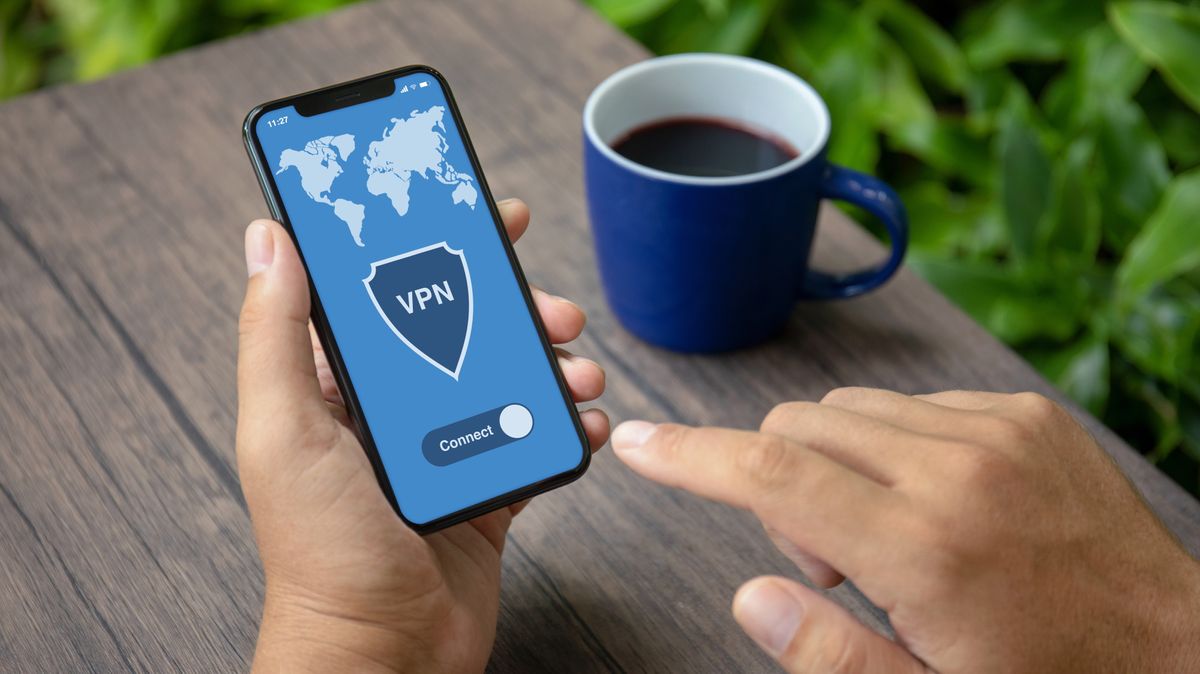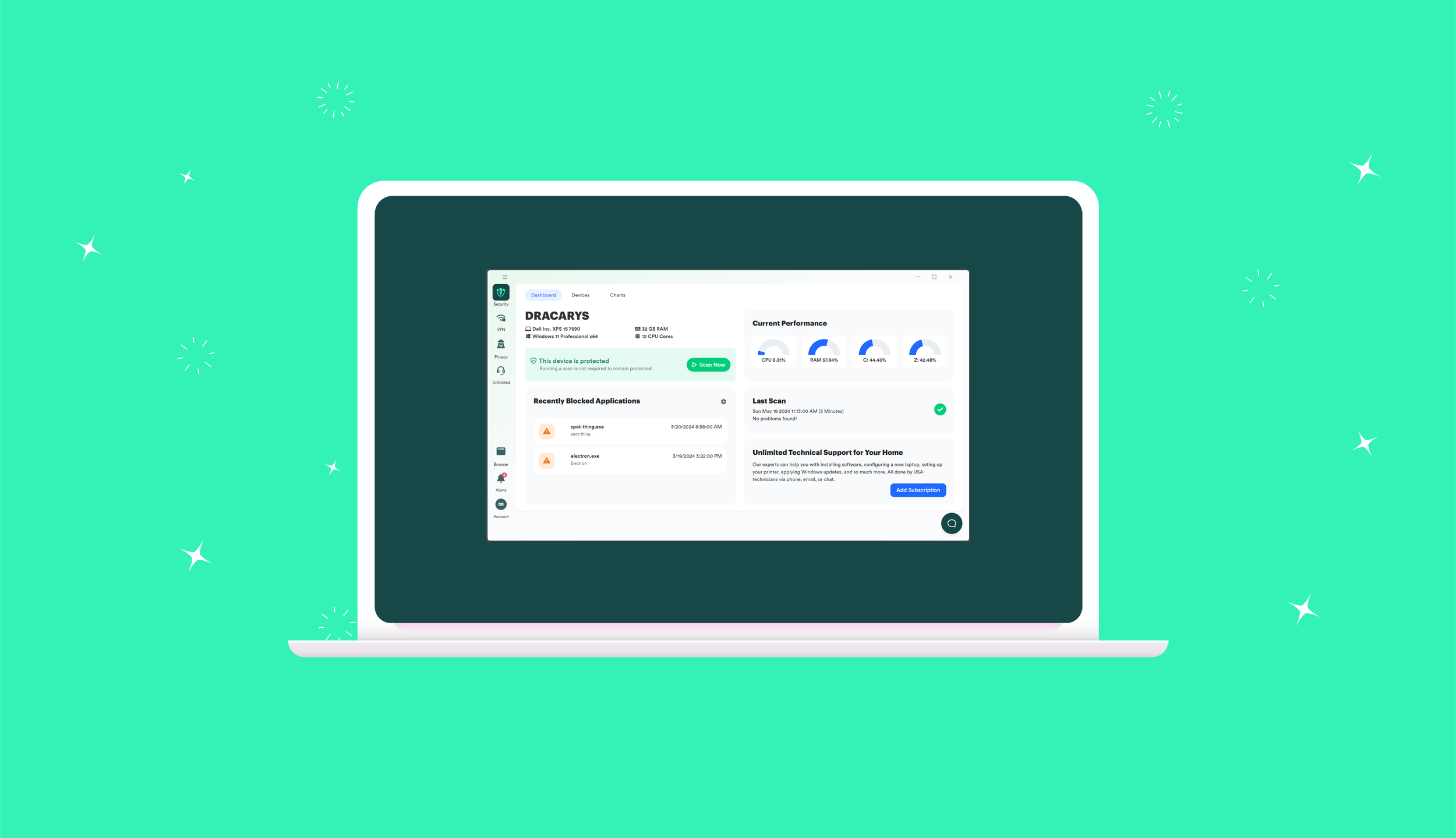In today’s interconnected and digitally-driven world, online privacy and security has become crucial. As soon as we connect to the internet, we start leaving behind a trail of personal information that is susceptible to hacking, surveillance, and data breaches. This is where a Virtual Private Network (VPN) comes into play. A VPN acts as a shield, safeguarding your online activities, securing your sensitive data, and preserving your privacy across app and network activity alike. But what exactly is a VPN, and why do you need one? Read on as we will dive in to the world of VPNs, exploring their functionality, benefits, and the reasons why they are an essential tool in protecting your digital life.
What is a VPN and how do they work?
A VPN, or Virtual Private Network, is a commonly used cybersecurity software that establishes a secure and encrypted connection between your device and the internet. It works by routing your internet traffic through a remote server operated by the VPN provider, creating a private and protected pathway for your data to travel. By encrypting your connection, a VPN ensures that your online activities, personal information, and sensitive data remain hidden from snooping eyes, such as hackers and data trackers, government surveillance, or even your internet service provider (ISP). Additionally, a VPN allows you to mask your IP address on a shared, making it appear as if you are accessing the internet from a different location. Your new, temporary IP address is frequently one of many shared across the server, which also makes sure your personal information cannot be tracked with IP lookups. As such, VPN’s offer a degree of anonymity and allow you to bypass geo-restrictions implemented by live sports and apps like Netflix. In essence, a VPN acts as a powerful tool that not only enhances your online security and privacy but also grants you greater control and freedom over your digital presence. VPNs encrypt your connection using one of the following protocols:
VPN Protocols
OpenVPN
OpenVPN is an open-source VPN protocol known for its versatility and strong security. It utilizes SSL/TLS encryption to establish a secure connection between your device and the VPN server. OpenVPN is widely supported across different platforms and devices, making it a popular choice for many VPN providers.
SSTP
SSTP (Secure Socket Tunneling Protocol) is a proprietary VPN protocol developed by Microsoft. It leverages SSL/TLS encryption to establish a secure tunnel between the user’s device and the VPN server. SSTP is primarily used on Windows operating systems and is known for its ability to bypass firewalls, making it an ideal choice for users facing network restrictions.
IKEv2 / IPSec
IKEv2 (Internet Key Exchange version 2) with IPSec is a robust VPN protocol that offers excellent security and stability. It is designed to automatically reestablish the VPN connection if there are interruptions in network connectivity. IKEv2, when combined with IPSec (Internet Protocol Security), provides strong encryption and authentication, making it a reliable choice for mobile devices and fast-changing network connections.
L2TP / IPSec
L2TP (Layer 2 Tunneling Protocol) with IPSec is another popular VPN protocol that provides a high level of security. L2TP does not provide encryption on its own but is often combined with IPSec to create a secure tunnel. L2TP/IPSec is widely supported across various platforms, including Windows, macOS, Android, and iOS.
PPTP
PPTP (Point-to-Point Tunneling Protocol) is one of the earliest VPN protocols and offers relatively fast connection speeds. However, it is considered less secure than other protocols due to its weak encryption. PPTP is supported by most operating systems but is not recommended for users seeking robust security.
WireGuard
WireGuard is a newer VPN protocol that aims to provide a simpler and more efficient solution. It is designed to be lightweight and secure, utilizing modern cryptographic principles. WireGuard offers excellent performance and is highly regarded for its speed and ease of use. While still gaining wider adoption, WireGuard shows promising potential as a future-forward VPN protocol.
What are VPNs used for?
VPNs, or Virtual Private Networks, are used for a variety of purposes. Let’s dive into a few of the most common reasons to use a VPN:
Secure and encrypt your connection
One of the primary purposes of a VPN is to secure and encrypt your internet connection. When you connect to the internet through a VPN, your data is encrypted and transmitted through a secure and encrypted tunnel. This encryption ensures that your online activities, such as browsing activity, emails, and personal information like passwords, remain private and protected. VPNs shield your connection and prevent people and organizations from intercepting your data to exploit it for their gain. By encrypting your connection, VPNs provide an additional layer of security that is especially crucial when using public Wi-Fi networks like those at coffee shops and airports, which are notorious for their vulnerability to attacks. Furthermore, many businesses require the use of VPNs to ensure business information does not get leaked or accessed from outside the organization.
Keep your information private
In an era where personal privacy is increasingly threatened, VPNs play a vital role in safeguarding your sensitive information. By using a VPN, you can protect your online identity and prevent unauthorized access to your personal data like bank information, passwords, and social security numbers. VPNs hide your IP address, making it difficult for cybercriminals, websites, advertisers, government surveillance, and even your internet service provider (ISP) to track your online activities. Additionally, VPNs with no-log policies prevent ISPs from monitoring and logging your browsing history, ensuring that your internet usage remains private. Whether you’re concerned about targeted advertising, data mining, or potential surveillance, a VPN offers you the peace of mind that your online life remains private.
Unblock geo-restricted content
Another popular use for VPNs is bypassing geo-restrictions and accessing content that may be blocked or unavailable in your current location. Many online platforms, such as streaming services like Netflix, social media networks, news/sports websites, and international websites, enforce region-based restrictions due to licensing agreements, censorship, or other reasons. However, with a VPN, you can virtually change your location by connecting to a server in a different city, state, or even a completely different country. This tricks the platforms into believing you are accessing the internet from the chosen location, allowing you to bypass geo-restrictions. Whether you want to enjoy your favorite shows while traveling abroad, watch your favorite sports team in a blackout zone, or access region-specific websites, a VPN empowers you with the freedom to explore the internet without limitations.
Why do I need a VPN?
In the ever-evolving digital landscape, the need for a VPN has become more crucial than ever. With cyber threats growing in sophistication and governments around the world intensifying their surveillance efforts, protecting your online privacy has become a top priority. A VPN provides a shield of encryption, ensuring that your personal information, browsing habits, and sensitive data remain secure from hackers and data breaches. It prevents unauthorized access to your online activities, giving you peace of mind in a world where privacy is increasingly compromised. Whether you’re browsing on public Wi-Fi networks or a private home network, using a credit card online, performing remote work, or simply exploring the vast expanse of the internet, a secure VPN acts as your guardian, fortifying your digital presence and preserving your right to privacy.
Furthermore, a VPN is essential in overcoming the restrictions imposed by geo-blocking. Many online platforms enforce location-based limitations on their content, limiting your access to a world of information and entertainment. With a VPN, you can transcend these barriers and unlock a whole world of digital content. By connecting to a server in a different country, a VPN allows you to appear as if you are browsing from that location, granting you access to geo-restricted content and bypassing censorship. Whether you’re an avid traveler, an expatriate yearning for a taste of home, or simply seeking a broader internet experience, a VPN empowers you to break free from the confines of geographic boundaries and explore the internet without limitations. In a world where information knows no borders, a VPN opens doors to knowledge, cultural diversity, and endless possibilities, making it an indispensable tool for anyone using the internet.
How do I know which VPN to choose?
When considering the myriad of options available, determining which VPN to choose can be a daunting task. Below are some of the most important things to consider when choosing the best VPN:
Security
When considering which VPN to buy, one of the most critical factors to examine is its security features. Look for VPN providers that offer robust encryption protocols, such as AES-256, to ensure that your online activities remain private and secure. Additionally, features like DNS leak protection and a built-in firewall can further enhance your digital security and safeguard your sensitive data from potential threats.
Speed
One of the downsides to using a VPN is the inevitable internet speed throttling, so finding a VPN with the lowest speed losses is crucial. A reliable VPN should provide fast and stable connections, enabling you to browse the web, stream content, and download files without significant lag or buffering. It’s advisable to opt for VPN providers that have a large network of servers strategically distributed across various locations to minimize latency and optimize speed. For reference, the average VPN speed loss is 20%.
Servers
The number and distribution of servers offered by a VPN provider play a vital role in determining your online experience. A diverse server network allows you to access geo-restricted content, bypass censorship, and enjoy a smoother browsing experience. Look for VPN services that offer a wide range of server locations worldwide, especially in the regions you frequently access, to ensure seamless and unrestricted internet access.
Kill switch
A kill switch is an essential feature that ensures your online privacy remains intact even if your VPN connection drops unexpectedly. When your VPN connection is interrupted, the kill switch automatically blocks your internet traffic, preventing it from being exposed to your ISP or other potential snoopers. When considering a VPN, ensure it has a reliable and effective kill switch feature to safeguard your privacy at all times.
Zero-log policy
For users concerned about their online privacy, a VPN provider with a strict zero-log policy is crucial. A zero-log policy means that the VPN service does not keep any logs or records of your online activities, ensuring that your browsing history, IP addresses, and other sensitive data are not stored or accessible. This commitment to privacy adds an extra layer of security and anonymity to your online presence.
Price
Pricing is an important factor to consider when choosing a VPN, as it should align with your budget and the features you require. While free VPNs are available, they often come with limitations, such as limited server options, sluggish speeds, or intrusive advertisements. Paid VPNs typically offer more reliable performance, additional features, and better customer support. It’s advisable to compare prices and subscription plans offered by various VPN providers to find the one that provides the best value for your needs. Remember to consider factors like the number of simultaneous connections allowed and any money-back guarantees.
Conclusion
In today’s digital landscape, the need for online privacy and security has become more paramount than ever. A VPN offers a comprehensive solution to protect your personal data, secure your internet connection, and unblock restricted content. By encrypting your online activities, hiding your IP address, and bypassing geo-restrictions, a VPN empowers you to browse the internet with confidence and peace of mind. With a myriad of VPN providers available, it’s important to choose one that suits your specific needs. As you weigh your options, consider investing in a trusted VPN like PC Matic VPN, known for its robust security measures, reliable performance, and anti-surveillance technology. Regarding speed, PC Matic VPN has been tested at an average 5-8% speed loss, making it the fastest VPN in the world. Don’t wait any longer – take control of your online privacy and enjoy the freedom of a secure internet experience. Act now and buy PC Matic VPN to safeguard your digital life today.




